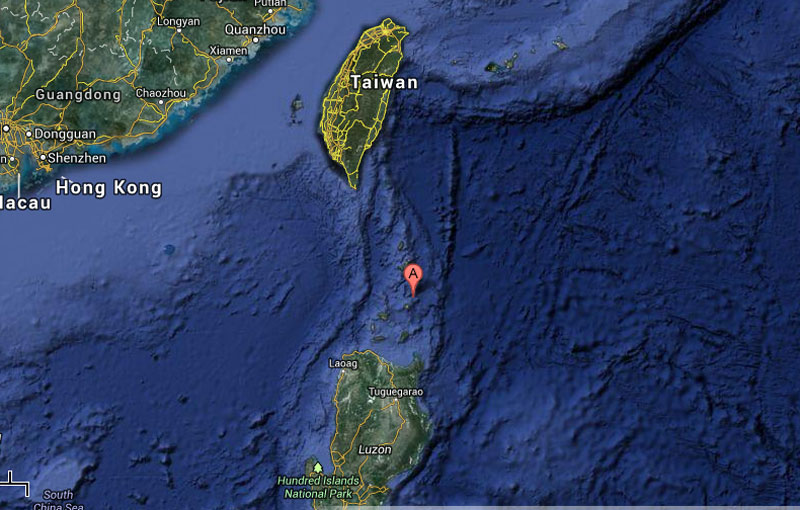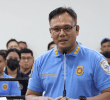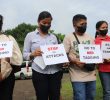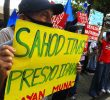John Leonard Monterona, vice chairperson of Migrante and concurrent coordinator in the Middle East and North Africa, said unnecessary statements would only stir controversies and muddle the issue. He added it will also invite “more troubles to OFWs in Taiwan.”
By DAVAO TODAY
DAVAO CITY, Philippines – A migrants’ group has urged officials of the Aquino administration to avoid issuing “unnecessary remarks” against Taiwan pending the result of a parallel, albeit separate, investigation of both governments on the incident at the Balintang Channel in the Luzon Strait.
John Leonard Monterona, vice chairperson of Migrante and concurrent coordinator in the Middle East and North Africa, in a statement Friday, said provoking the foreign country in the midst of a diplomatic row “will not help.”
Last May 9, a 65-year old Taiwanese fisherman named Hung Shih-Cheng was allegedly killed by a member of the Philippine Coast Guard in a shooting incident.
This prompted the Taiwan government to order a freeze in the hiring of Overseas Filipino Workers (OFWs) and imposed other sanctions following an “informal apology” from the Philippine government via its emissary.
Monterona said unnecessary statements would only stir controversies and muddle the issue. He said it will also invite “more troubles to OFWs in Taiwan.”
Assaults and discrimination against Filipino nationals in Taiwan have been reported following the Balintang incident. There are about 42,000 Filipino migrant workers in Taiwan, according to the Philippine Overseas Employment Administration.
But Taiwan President Ma Ying-jeou has already called for calm as he promised to protect the Filipinos who are living and working in their country.
Migrante said there are about 85,000 Filipinos who are living and working in Taiwan.
The Philippine and Taiwanese governments have also agreed to conduct a separate investigation on the incident.
With this, Monterona also urged not to issue speculations on the results of the investigation, as he expressed that this “may not be the ideal set up.”
“It would be better if both governments agreed to have or allow a third party, such as a respected international human rights body or group, to conduct an independent probe,” he said.
He added that should there be a deadlock or different findings by both parties from the investigation, “the result of the investigation done by the independent third party would be of help to resolve contentious issues.” (davaotoday.com)
migrant workers, OFWs, overseas filipino workers, Philippine Overseas Employment Administration, philippines, poea, Taiwan










